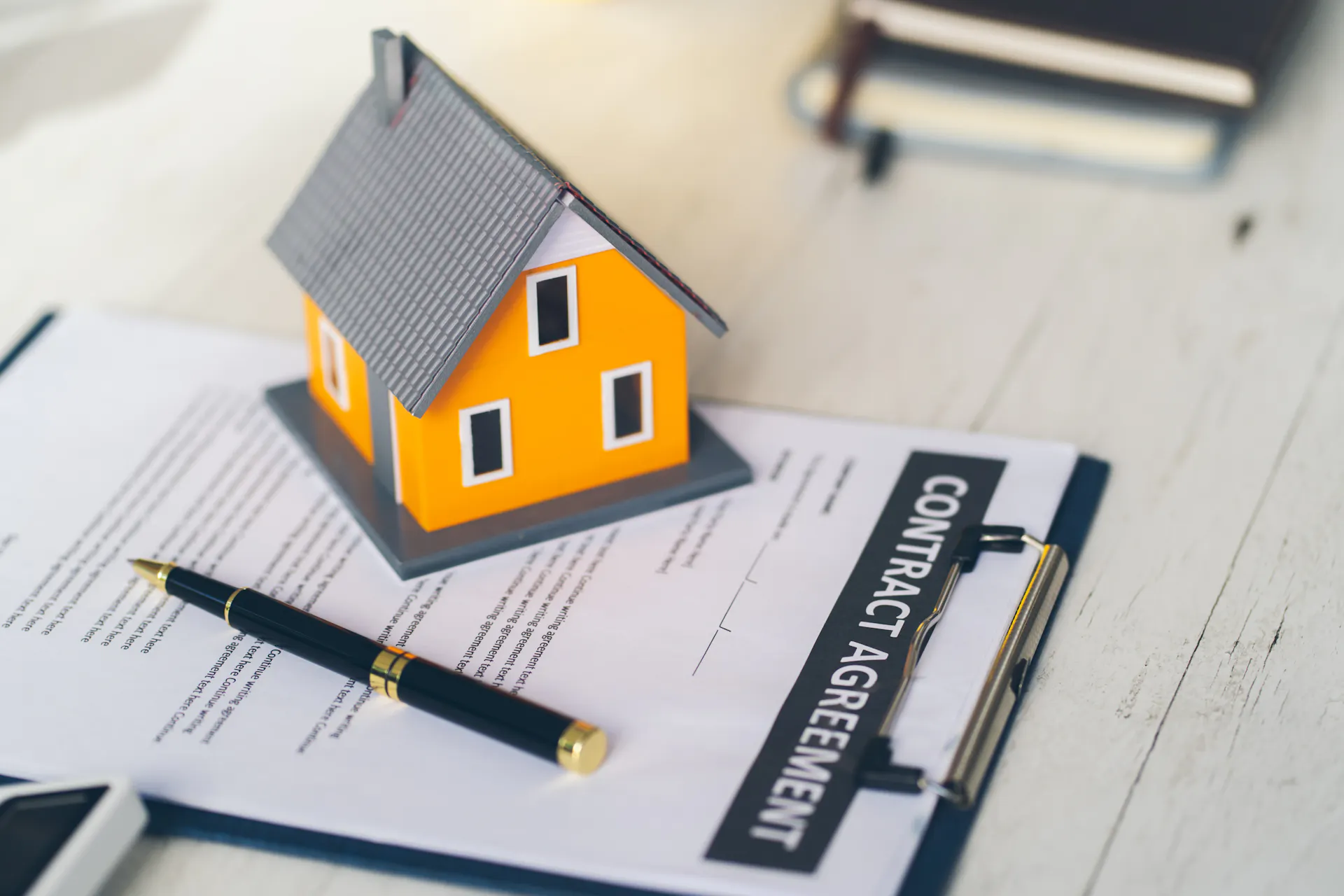If you want to have a successful home-buying experience, then these tips for first-time home buyers will help you through the whole process. All the way from saving money to closing the deal.
Early savings
Consider aspects such as: a down payment, closing costs and move-in expenses.
- Down payment: will only depend on the type of mortgage and lender you choose when starting the process. Some conventional loans are as little as 3% for first-time home buyers. So, use it to decide your goal. A good loan will help you save up some money too.
- Closing costs: are the fees you pay to finalize your mortgage. It typically ranges up to 5% of the loan’s total amount.
- Move-in expenses: when you buy a house, put some money aside for the moving in process. You’ll need it for upgrades and furnishings.
Decide your home budget
This is very important for home buyers. You need to figure out how much money you can safely spend on a house. This way, a real estate agent can help you search for a house based on your budget. Which is based on: your income, the down payment, your credit score and debt and where you plan to live.
Stick to your budget
Please, stick to your budget! Home buyers, a lender may offer to loan you more than what is affordable to you. So, in order to avoid that financial stress down the road, even if you may feel pressured, put a price and stick to it, to spend outside your comfort zone.
Strengthen your credit
A good credit score will determine whether you qualify or not for a mortgage. Try following these simple steps in order to strengthen your credit:
• Get copies of your credit reports.
• Dispute any errors that could hurt your score.
• Pay your bills in time.
• Keep credit card balances low.
• Keep credit card balances as low as possible.
• Keep current credit cards open.
Explore mortgages options
There are some categories of mortgages available for first-time home buyers. The most common are 30- year fixed-rates with low payments and also 15-year loans with higher payments.
Compare rates of mortgages
The Consumer Financial Protection Bureau recommends comparing mortgage rates and fees from different lenders in order to know which could benefit you more in the future when buying a house.
Preapproval mortgage letter
Apply for a preapproval mortgage when you’re ready to start shopping a house. A lender will pull your credit score and review all your documents to verify your income, debt and assets. This way it will show that you are a serious and interested buyer.
Choose a real estate agent
A good real estate agent will not only help you, but guide you through the whole process of negotiation and closing the deal. You can try to get agent referrals from other home buyers about us.
Pick the right house and neighborhood
New home buyers need to weigh the pros and cons of different types of houses in order to find the one for them. They have to take into consideration their lifestyle and budget, also think about the long-term needs, or if you want to settle down and have a family…
Pay for a home inspection
Professional inspectors look for potential problems, so here are some things to keep in mind:
- Standard inspections don’t test for mold or pests. Understand what’s included in the inspection and what other inspections you might need for your future home.
- Make sure the inspector can get to every part of the house, roof included.
- By following the inspector around you can get a better understanding of the house and ask questions on the spot. If you can’t attend the inspection, review the inspector’s report carefully.



